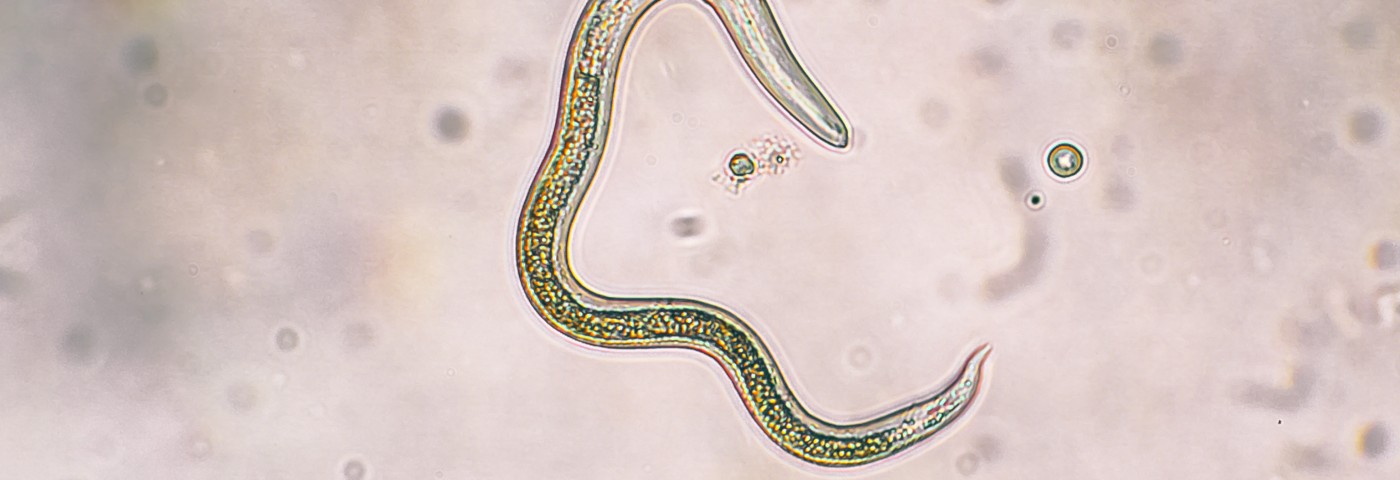Parasitic worms may trigger immune responses that alter the bacterial balance in the gut, preventing the development of inflammatory bowel diseases (IBD) such as Crohn’s disease. The study, “Helminth infection promotes colonization resistance via type 2 immunity,” was recently published in the journal Science.
In the study, researchers claim that the lack of exposure to worms in the developed world has led to alterations in the gut microbiome (the mix of bacteria in the intestine), increasing the vulnerability of the gut immune system to IBD. Consistently, the highest rates of IBD, such as ulcerative colitis and Crohn’s disease, are found in developed countries, suggesting that the worms may be protective.
Researchers found that infection of mice with intestinal worms revealed a thousand-fold decrease in Bacteroides — which have been linked to an increased risk for IBD — and a tenfold increase in Clostridia, a type of bacteria that reduces inflammation.
Consistently, in rural parts of Malaysia where worm infections were frequent and IBD had a low incidence rate, people had significantly lower Bacteroides and increased Clostridia in comparison to inhabitants of a nearby urban population. This difference was lost when the individuals were treated and dewormed.
“Our findings are among the first to link parasites and bacteria to the origin of IBD,” P’ng Loke, the co-senior author of the study and associate professor at NYU Langone, said in a press release.
In 2012, Loke published a study showing that giving worm eggs to monkeys tricked their immune system into thinking they had a worm infection, which protected them from the simian version of IBD. Now, the team from NYU Langone fed between 10 to 15 whipworm eggs to mice deficient in the NOD2 gene, which is linked to several small intestine abnormalities, including IBD. The investigators found that the number of Bacteroides in the gut of these mice was dramatically decreased, while there was an increase in the Clostridia levels. Such findings correlated with a reduction in many IBD symptoms, such as ulceration and intestinal bleeding.
According to Ken Cadwell, the other co-senior investigator of the study, in the future, IBD patients might be treated with chemicals that are produced by the immune cells upon a worm infection, such as interleukin 13. Knowing that they won’t be infected with worms in the treatment may make it more acceptable to patients.

